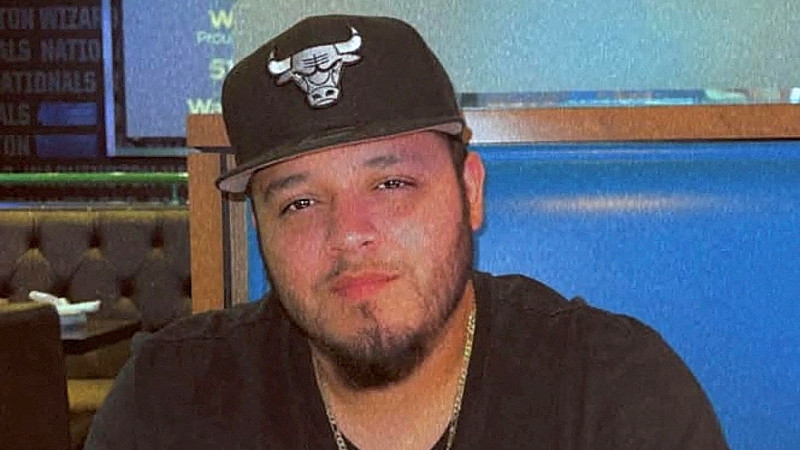Salvadoran national Kilmar Armando Abrego Garcia, whose case has ignited fierce debate over U.S. immigration policy, was brought back to the United States last Friday to face federal charges after being mistakenly deported to El Salvador earlier this year.
Abrego Garcia, 29, had lived in Maryland for nearly half his life and was legally protected from deportation due to a 2019 immigration judge's ruling that recognized the dangers he faced from gangs in El Salvador Despite this, he was removed from the U.S. in March 2025 after a clerical error placed him on a deportation flight—a move both U.S. officials and courts later admitted was a mistake.
Upon arrival in El Salvador, Abrego Garcia was imprisoned in the notorious CECOT mega-prison, a facility known for its harsh conditions, as part of a Trump-era initiative that sent deportees to Central American prisons without due process U.S. officials had publicly accused him of being affiliated with the MS-13 gang, but these claims were based on a prior bail determination, not a criminal conviction, and his family has consistently denied any gang ties.
After months of legal battles, including a Supreme Court ruling that his deportation was illegal, Abrego Garcia was returned to the U.S. at the request of American authorities, with the cooperation of Salvadoran President Nayib Bukele He now faces federal charges in Tennessee for allegedly transporting undocumented migrants, accusations that stem from a 2022 traffic stop and a subsequent Department of Homeland Security investigation.
Abrego Garcia appeared in court on Friday, where the judge scheduled an arraignment for June and ordered him held in custody, citing concerns that he poses a danger to the community and a flight risk.
The case continues to draw national attention, raising questions about due process, immigration enforcement, and the treatment of individuals caught in administrative errors.


